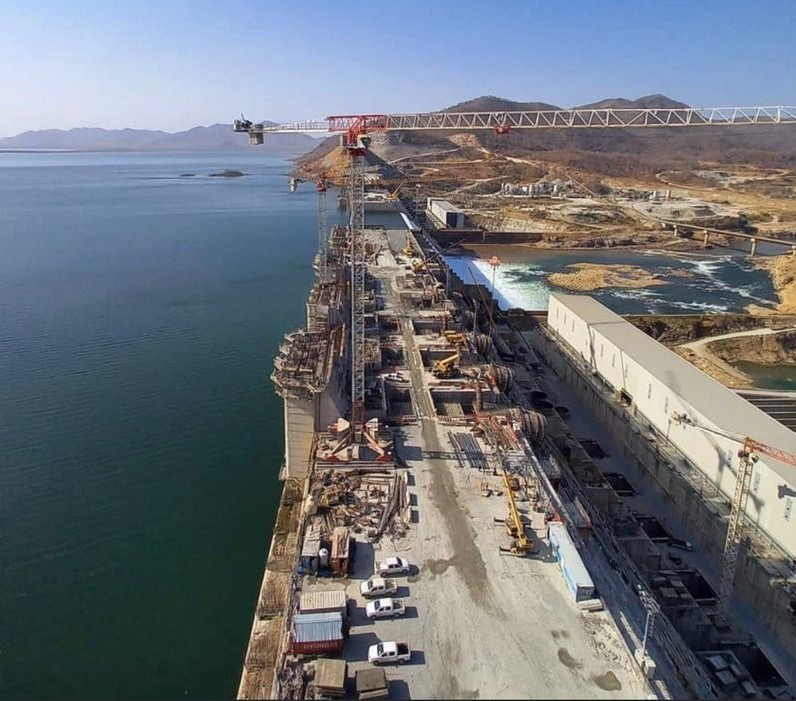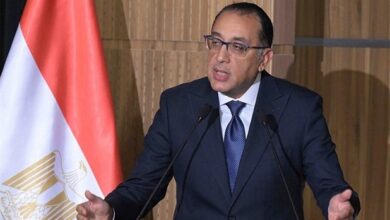
The Egyptian Foreign Ministry on Sunday criticized Ethiopia’s announcement regarding its completion of the fourth and final filling of the Grand Ethiopian Renaissance Dam’s (GERD) reservoir, which Egypt called a continued violation of the Declaration of Principles signed between Egypt, Ethiopia, and Sudan in 2015.
In its statement, the Foreign Ministry explained that the Declaration of Principles stipulates that all three countries must agree on the rules for filling and operating GERD before commencing the filling process.
“Ethiopia’s taking of such unilateral measures is a disregard for the interests and rights of the downstream countries and their water security, which is guaranteed by the rules of international law,” the Foreign Ministry said.
The statement added that, “This approach, and its resulting negative effects, places a burden on the course of the resumed negotiations, which have been set for four months to conclude.”
And the Foreign Ministry expressed hope that the next round of talks, scheduled to be held in Addis Ababa, will witness a tangible breakthrough on reaching an agreement on the rules for filling and operating the dam.
Stagnant talks
The Ethiopian government announced on August 11, 2022, that it has completed the third GERD filling unilaterally.
It announced the operation of the second turbine in GERD to generate electric power, which comes in light of the tension between Addis Ababa and Egypt, Sudan due to what the two countries consider a negative impact of the dam on their water shares of the Nile River.
Egypt and Sudan say they want a legally binding agreement on operating the dam, while Ethiopia says any pact should be advisory.
Both countries consider the dam a threat to their vital water supplies, while Ethiopia considers it essential for development and doubling its electricity production.
The downstream nations fear possible blows to water facilities, agricultural land, and overall availability of Nile water.
Negotiations over the dam between Egypt, Ethiopia, and Sudan have stalled for years, with the three parties ultimately failing to reach any agreements.
The disputed dam is the largest hydroelectric project in Africa, with a cost of more than four billion dollars.




